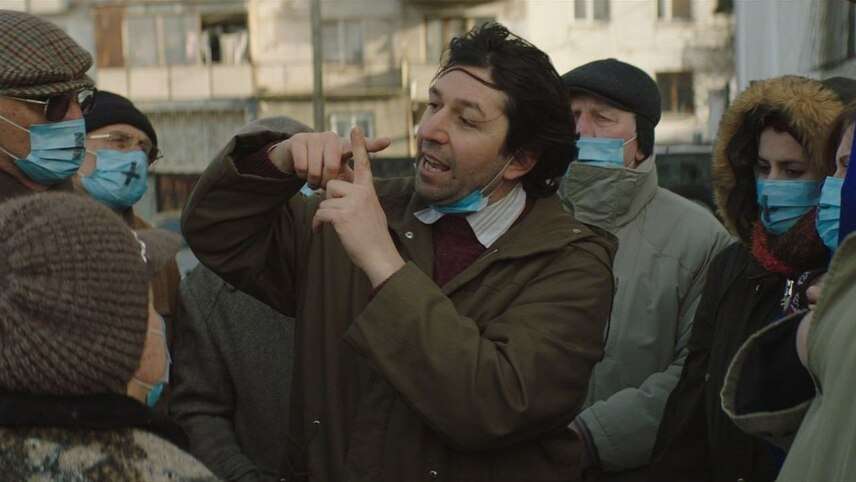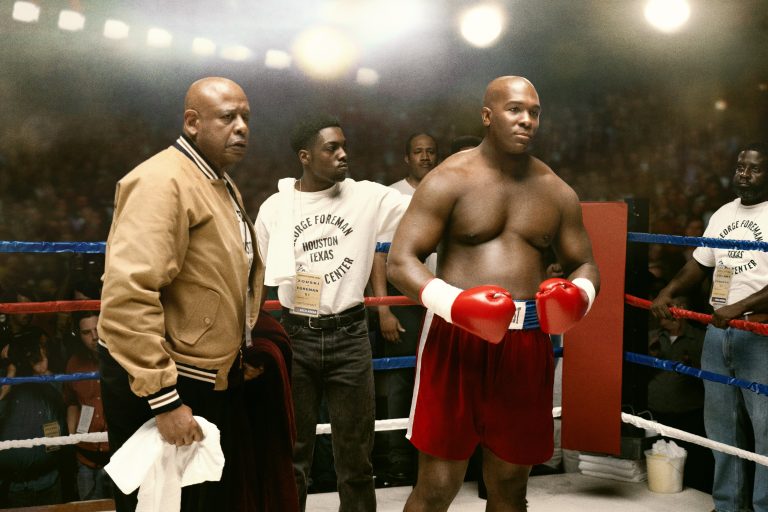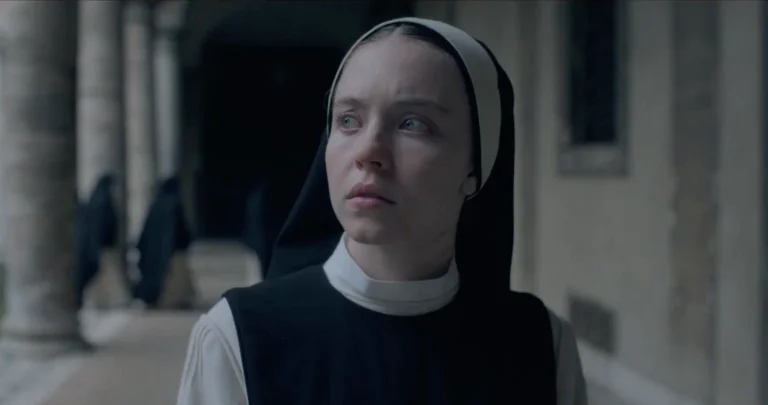Review by: Mariam Liparteliani
“Mary Mistral says Jesus Christ is the best lover; all she needs to do in the shower is close her eyes and let him go at it. Jesus Christ knows best of all what a woman needs, she says, and when you shower from below, the Holy Spirit will come and make you happy.”
Warum das kind in der polenta kocht by Aglaya Veteranyi
Obedience is a tool that could be maliciously utilized by the authorities. Restrained societies tend to be guarded and guided, and that way, life becomes linear, but the feeling of an imaginary safety emancipates them from the pressure of previous struggles. Subconsciously people prefer to be fiddled, manipulated, or even disgraced rather than abandoned alone with the treacherous difficulties of modern reality. In that respect, the pandemic had an impact that cannot be measured. Social mammals were forced to embrace loneliness, and the ‘crash’ became vital.
David Cronenberg perpetuates the image of drought in his body horror Crash (1996), a film that imposes erosion in the physical reality and in an intangible landscape of human insides. The couple presented in the film strives to defeat anorgasmia and experiments with distinctive methods that can enhance their sexual thriving. Self-destruction emerges as a prompting tool to escape lovelessness. Those triggers can be distinguished in Giorgi Tavartkiladze’s short film Ascension too, which premiered at this year’s Kutaisi’s short film festival.

The terror triggered by the lockdown during the pandemic can be endured only by tangible hope for the characters. The marginalized part of society is being used by the authorities to contribute masks with righteous marks that build an illusion of empowered safety. The church is empty; that issue must be eradicated so the vicious authorities feel the need for the Messiah. The dividing line between the holiness and the obscenity slowly evaporates through the film. The first interaction between him and the Messiah leaves a strange feeling that by abnormal obedience, and gratitude, he pleases his own mature yet deprived sexual craving. In the radically orthodox environment, Antimoz’s persistent desire for sexual gratification reifies as an obscene urge to be subservient.
The chosen Messiah is another victim of the disordered swarm. From the scene when a horde forces him to open the door and give them his blessings, it becomes apparent that the Messiah himself had not intended to emerge as a shepherd and was used by the church, so the establishment could maintain its parish. Ascension Day is blissfully awaited and when Eldar notices the depleted quantity of attendants in church, he decides that it is time for sacrifice. The unheard bigotry places the Messiah on the verge of suicide. Antimoz is encouraged by Eldar to film the explicit shots of staged ascension for the platform.
The ominous, even disturbing sounds embellish the scene when ‘God’s’ clothes are shown, laid on the windowsill. The director tends to humanize the character and pinches the audience to observe him as a scapegoat. The discernment of crucifixion changes Antimoz’s perception of this masquerade, and he mockingly establishes the sect from the grain of indecency. During the gloomy, obligatory interrogation, the director uses close-ups, Antimoz explains that he felt the ascension of the Messiah insidiously; his eyes are dry, the gaze mysterious and melancholic, as if his blood vessels stopped functioning. The stiffness of his body unravels the elusive truth, which was forgotten behind the veil. He felt an erection for the first time of his existence through an ‘arc of holiness.’
It is not a coincidence that the main musical theme of this film is the third part of Mahler’s fifth symphony, which retained the audience to Visconti’s classic Death in Venice (1971). Gustav von Achenbach’s love for Tadzio is inappropriate and obscene but sacred, incomprehensive, and obscure. Bigotry blinds the swarm consecutively. The terror of facing modern slovenliness leads them to completely lose their grasp of reality, and the heirloom of God (clothes laid on the window shed) is what is left of the viciously murdered, handicapped, mentally disturbed man.


![Village Rockstars [2018]: ‘IFFLA’ Review](https://79468c92.delivery.rocketcdn.me/wp-content/uploads/2018/03/village-rockstars-tiff-768x432.jpg)



